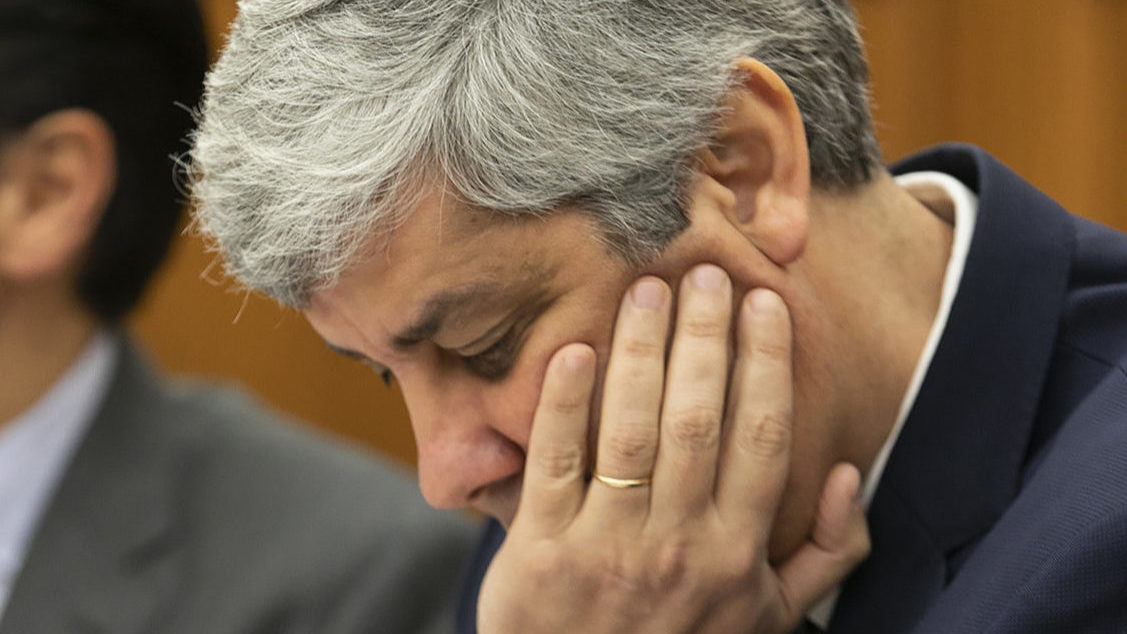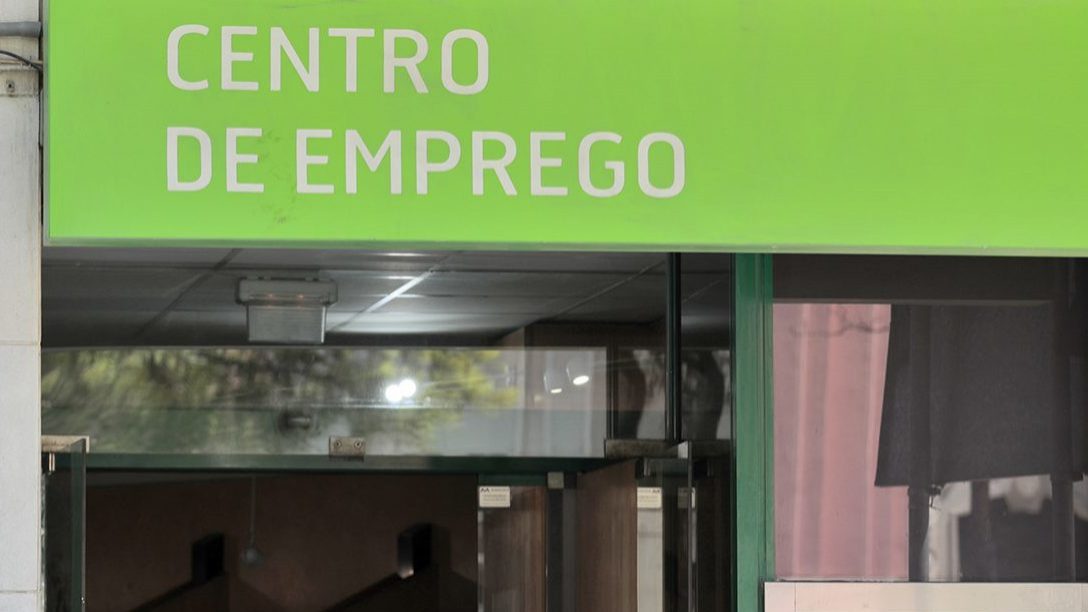Angolan economy to grow 0.4% in 2019, 3.2% in 2020, 2021
The Angolan ministry of finance estimates the country's economy will grow by 0.4% this year, and by 3.2% in 2020 and 2021.
Angola’s ministry of finance has estimated the economy to grow around 3% in the next two years and confirmed the recession from 2016 to 2018 due to the decrease in oil production and less non-oil activity.
“Until 2018, the real economic business cycle presented a recessive behaviour, having recorded in 2016, 2017 and 2018 negative growth rates of 2.6%, 0.1% and 1.1%, respectively”, according to the Medium-Term Debt Strategy (2019-2021), approved in the cabinet meeting last week and published on Tuesday on the ministry’s website.
“This behaviour was due to the low levels of oil production and the lower economic activity of the non-oil sector (spillover effect)”, the document said, adding that the government forecasts economic growth of 0.4% this year and 3.2% for 2020 and 2021.
The 2018 recession (1.1%) is an improvement over the value presented in February by the ministry of economy and planning, Pedro Luís da Fonseca, who had warned that the country may have had a 1.7% recession last year.
Regarding the economic growth, forecasts are below the International Monetary Fund (IMF) estimates, which expected Angola to grow by 2.5% this year.
Inflation, which has been decreasing in the last quarters, “may reach 7.9% by 2021, and the current account will remain deficient, resulting mainly from the increase of imports in the trade balance and the growth of external interest payments”, the government said.
The document also explained that regarding debt management, “the executive chose a three-year strategy that will coincide with the EFF – Extended Fund Facility agreed with the IMF.”
This programme “aims to reduce tax vulnerabilities, strengthen debt sustainability, reduce inflation, implement a flexible exchange regime, ensure financial sector stability, and strengthen the framework for combating money laundering and the financing of terrorism”.




